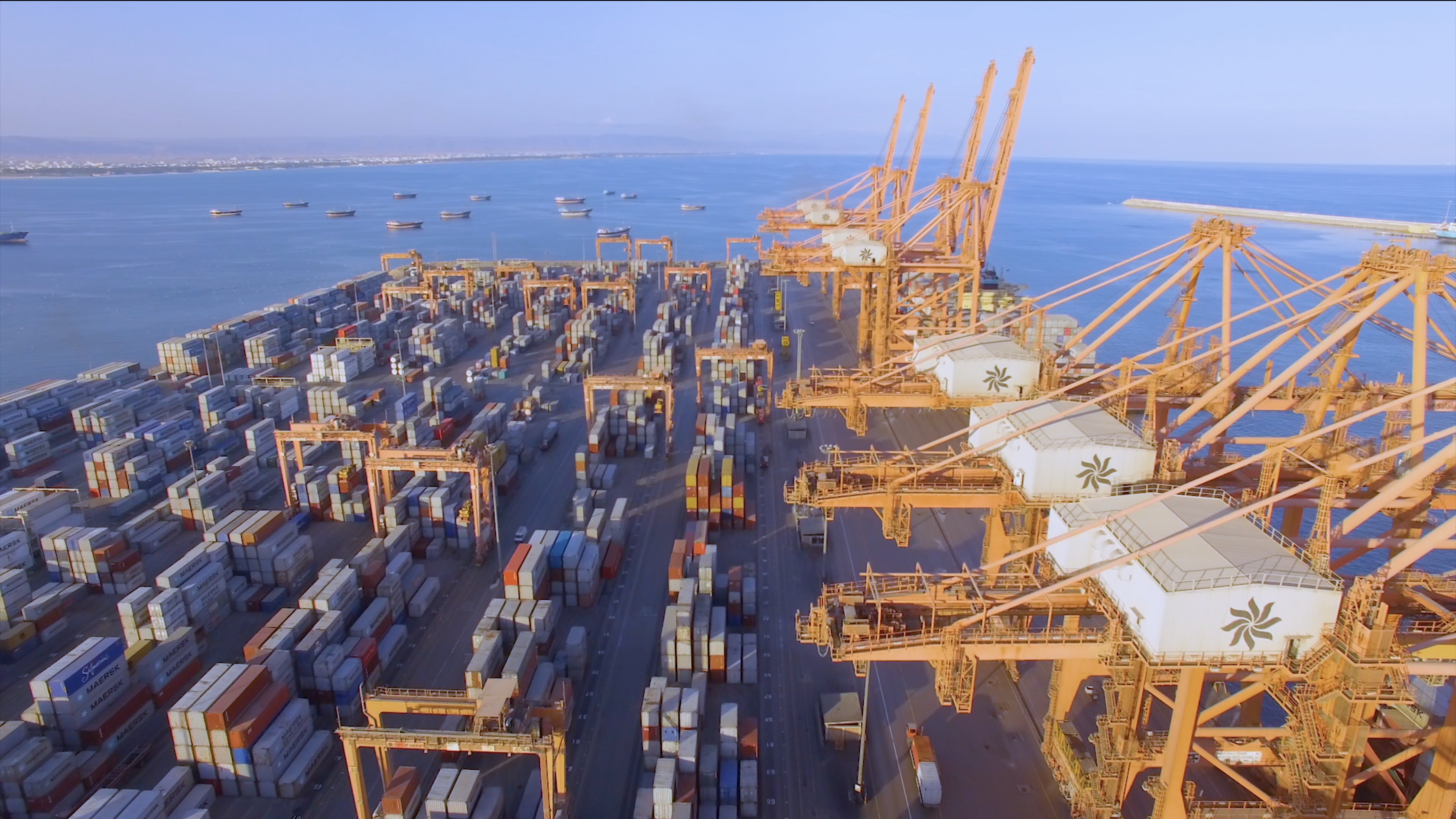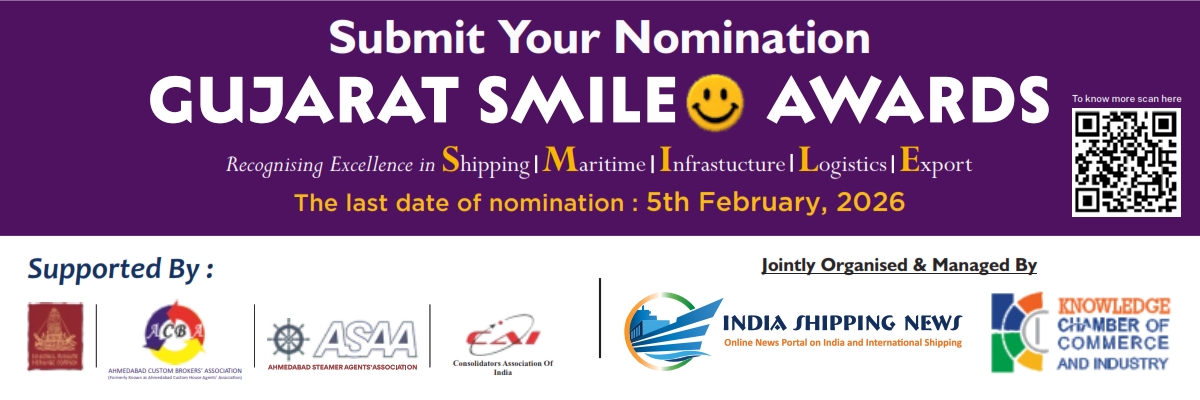
Salalah Port listed as one of the most efficient in Middle East by World Bank
MUSCAT : Salalah Port ranks as the second most efficient container port in the Middle East, according to the ‘Global Market Intelligence Container Port Performance Index’ by World Bank and S&P.
The Index shows ports in the Middle East and East Asia responded best to the heavy volume growth and service volatility caused by impacts of the global pandemic.
The report revealed that the ports in the Middle East took four of the top five spots in the second edition of the global Container Port Performance Index (CPPI) developed by the World Bank and S&P Global Market Intelligence. CPPI is a comparable index of global container port performance intended to serve as a reference point for key stakeholders in the global economy.
Saudi Arabia’s King Abdullah Port tops the ranking in 2021, with regional competitors Port Salalah in Oman, Hamad Port in Qatar and Khalifa Port in Abu Dhabi rounding out the top five. Saudi Arabia’s Jeddah Islamic Port also featured strongly in eighth place overall.
The ranking of the best ports in the world according to the index of the World Bank and the S&P consulting company came as follows, where King Abdullah port ranked the top among the world’s ports, then Salalah Port, then Hamad Port, then Yangshan Port, then Khalifa Port, then Tangier Port, then Ningbo Port, then Jeddah port, then Guangzhou port, and finally Yokohama port
The ranking is based on the time required by the vessels in port to complete workloads over the course of 2021, a year that saw unprecedented port congestion and disruption to global supply chains.
“Increasing the use of digital technology and green fuel alternatives are two ways countries can modernize their ports and make maritime supply chains more resilient,” said Martin Humphreys, Lead Transport Economist at the World Bank and one of the researchers behind the index.
He added, “Inefficient ports represent a significant risk for many developing countries in that they can hinder economic growth, harm employment, and increase costs for importers and exporters. In the Middle East, heavy investments in container port infrastructure and technology are proving to be effective.”

